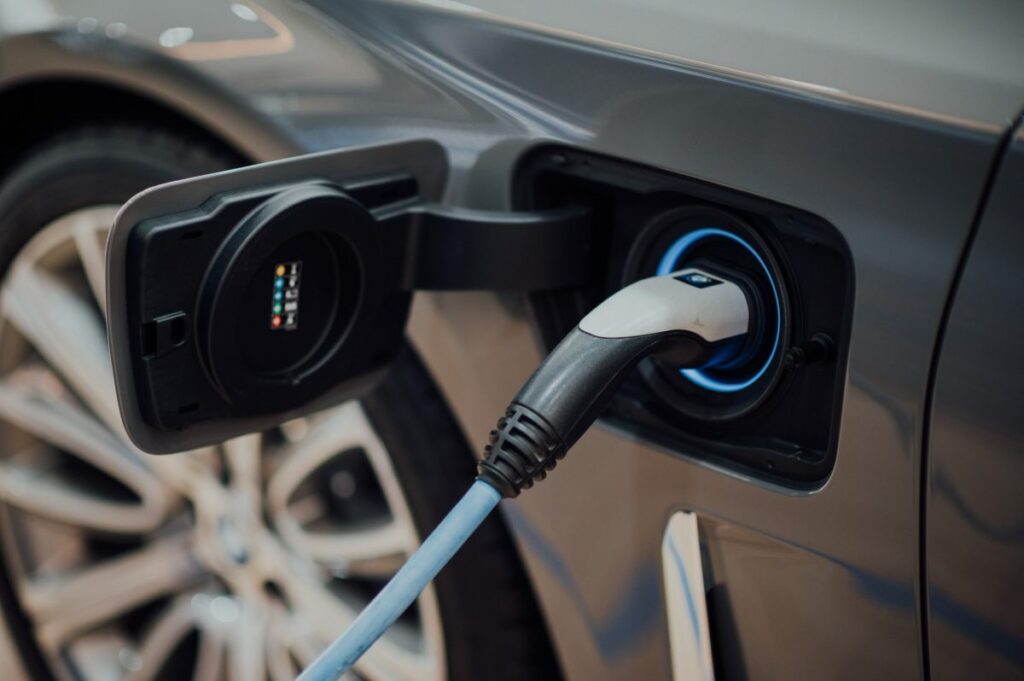The electric vehicle market in Brazil has taken a strong foothold over the last 14 years. Only in 2020, the number of cars sold exceeded 19,700 units, representing an increase of 66.5% compared to 2019 figures.
In 2021, this growth continued along a major course with the best result, according to figures from the Brazilian Association of Electric Vehicles (ABVE), with an absolute record of 34,990 units sold and 79,800 cars in circulation.
By this 2022, the Brazilian automotive sector expects to reach the round figure of 100 thousand electrified cars on the streets, not including buses, trucks and very light vehicles.
Regions with More Presence
According to data from the National Traffic Department (Denatran), there are vehicles of this kind in the 26 states and the Federal District, but most of them concentrated in the states of São Paulo, Minas Gerais and Rio de Janeiro.
Metropolises such as São Paulo, Brasília and Rio have the highest presence of these cars due to strong incentives from local governments towards electric mobility. The authorities have implemented climate change plans for these cities with emission reduction targets, tax reductions, exemption from car rotation and massive investments in expanding the charging infrastructure.
For example, Rio de Janeiro was the first city in Brazil to have zero-emission garbage trucks and about 10% of the current fleet is electric.
The president of ABVE, Adalberto Maluf detailed that there has been a very large increase in the sale of electric trucks by more than 1,100%. He explained that the main reason for the growth in electric vehicle consumption in 2021 was the environmental, social and governance (ESG) performance of companies in Brazil.
“There was a significant growth in sales of light vehicles for companies, because of this ESG agenda, of green logistics, which grew a lot last year. In addition, we can mention the growing use by companies using electric vehicles for their executives and employees,” he said.
Obstacles to Overcome
Raising awareness by society to break the resistance to change, boosting domestic production of these vehicles and establishing a robust recharging infrastructure are the challenges this technology still has to face.
Diogo Seixas, Infrastructure Director of ABVE denied that electrified cars are much more expensive, as perceived by part of the population. “What happens is that, with no domestic production, all vehicles are imported. Issues such as freight and exchange rate enter into this equation, with our currency devalued against the dollar,” he said. He pointed out that Brazil has only received more comfortable and higher-cost luxury electric car models.
Recharging is a challenge for 100% electric or plug-in hybrid vehicle owners, but there has been a significant growth on the number of points installed in the country.
Public supply centers are still a pending issue, since those available are generally private, with restricted access installed at homes or companies with fleets.
Júnior Miranda, CEO of GreenV, a company which has installed between 60 and 70 charging points per month, explained that the service enables daily use of vehicles.
“Today, about 50% of the charging points installed by us are located in São Paulo, and we believe it will reach 100 monthly installations during the second half of the year.”
He pointed out that in some cases, they are only responsible for installation, while in others also maintenance and monitoring, located at private places with public access, like shopping malls, clubs and hotels.
The use of electric vehicles in Brazil is on an accelerated growth path, driven by the price of fossil fuels, which are facing strong environmental pressures, due to the commitments assumed at COP26 by several countries to reduce carbon emissions, responsible for the greenhouse effect.




